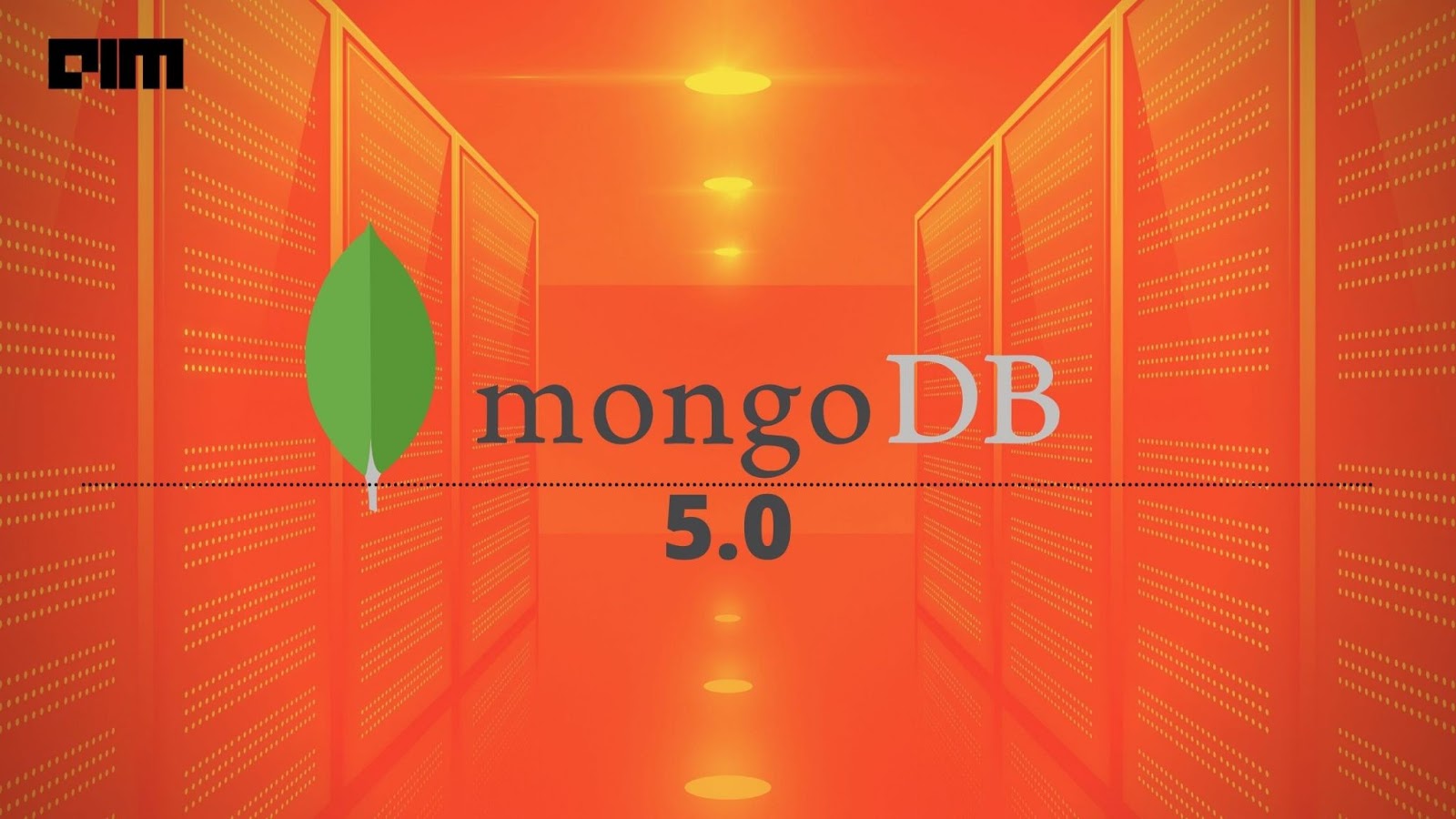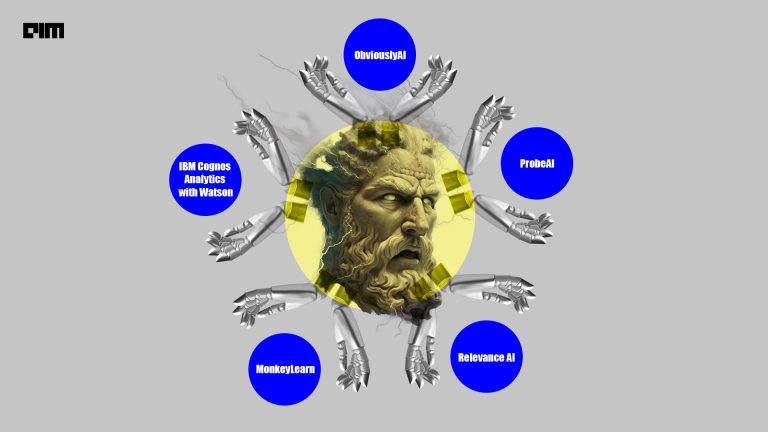At the recently concluded MongoDB.live event, the leading general-purpose database platform MongoDB launched its version 5.0. MongoDB’s new platform has several updates, including native time series support, serverless databases in MongoDB Atlas, and enhancements to Atlas Search, Atlas Data Lake, and end-to-end mobile data solution, Realm. These new updates will allow developers to cut back on time involved in complicated database management tasks and increase production and productivity. In addition, they will allow the development of hybrid softwares and swifter management of workloads with enhanced security and privacy.
Dev Ittycheria, President & CEO of MongoDB, said, “Today’s announcements remove even more friction and complexity from the developer experience and enable developers to build innovative and highly scalable applications for a wide range of use cases faster than on any other platform.”
Let’s have a look at the features of the newly launched MongoDB 5.0.
Native time-series features
Time series data is difficult to manage. It is keyed with time and has high ingestion rates. As a result, a developer is left to deal with a very high volume of data. Furthermore, this kind of data upends with minimal updates. Therefore, queries in the data often rely on the heavy use of time-based filters.
The new update from MongoDB is designed for IoT and financial analytics. MongoDB 5.0’s new time series, with clustered indexing and window functions, makes it easier and faster for developers to build and run time series applications. It automatically optimises the schema for high storage efficiency, real-time analytics against temporal data, and low latency queries.
The time-series collections sit next to the regular collection in the same workload, supporting any workload. In addition to this, the automated data lifecycle management allows real-time analysis, visualisation, online archiving, and historical data coupling.
There are many advantages of employing the platform for time-series data management. To begin with, it significantly reduces index sizes and IO for operations leading to performance gains. In addition to that, it reduces the overall storage sizes. Furthermore, the entire time series data lifecycle– from ingestion, storage, querying, real-time analysis, and visualisation through to online archiving or automatic expiration as data ages, can be managed efficiently. A single query API can be used to power any class of workload.
Seamless data redistribution
Sharing data is critical to make the database manageable. With sharding, the cluster of databases can share larger datasets and handle additional developer requests at the same time.
The MongoDB 5.0 platform allows live resharding of databases allowing users to change the shared key for collections on-demand as workloads and databases continue to grow and evolve, with no database downtime or complex migrations within the dataset.
Future proof- application compatibility
The future-proofing will be done with the help of a versioned API. As a result, the application lifecycle can be decoupled from the database lifecycle, providing a level of investment protection ahead of other databases. In addition, developers can have confidence that their application code will continue to run unchanged for years, without interruption, even as the database is upgraded and improved beneath it.
Multi cloud-security tools
The company’s MongoDB 5.0 platform brings its Client Side Field Level Encryption along with solid data privacy controls for multi-cloud clusters to the table. It is backed by always-on auditing and certificate rotation. It helps users maintain a strict security posture with no interruption to applications, providing them with the freedom to run applications anywhere.
The unique Client-Side Field-level encryption allows data to be encrypted at specific data fields. A single key is used to encrypt and decrypt messages by clients.
Serverless database on MongoDB Atlas Now (in preview)
MongoDB 5.0 offers serverless instances in preview. Thus, users could simply choose a cloud region and start building with documents that map directly to objects into code; one need not worry about backwards compatibility and upgrades.
Other features
Other enhancements from MongoDB 5.0 include:
- Atlas Search includes Function Scoring to apply mathematical formulas on fields within documents. Users can also define synonyms for a particular search index.
- Users can use Realm to store game data such as live scores and player stats and sync it automatically across devices
- MongoDB Charts now comes integrated with Atlas Data Lake to help users easily visualise data stored in Amazon AWS S3 without data movement, duplication or transformation.



















































































